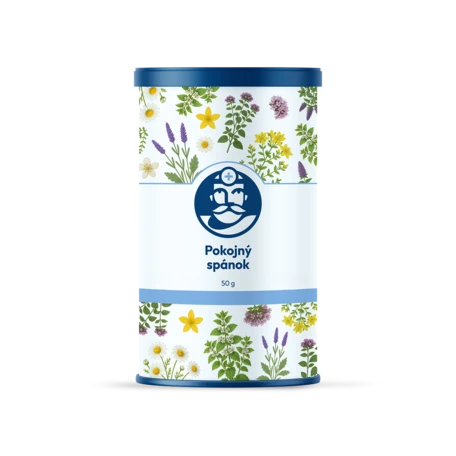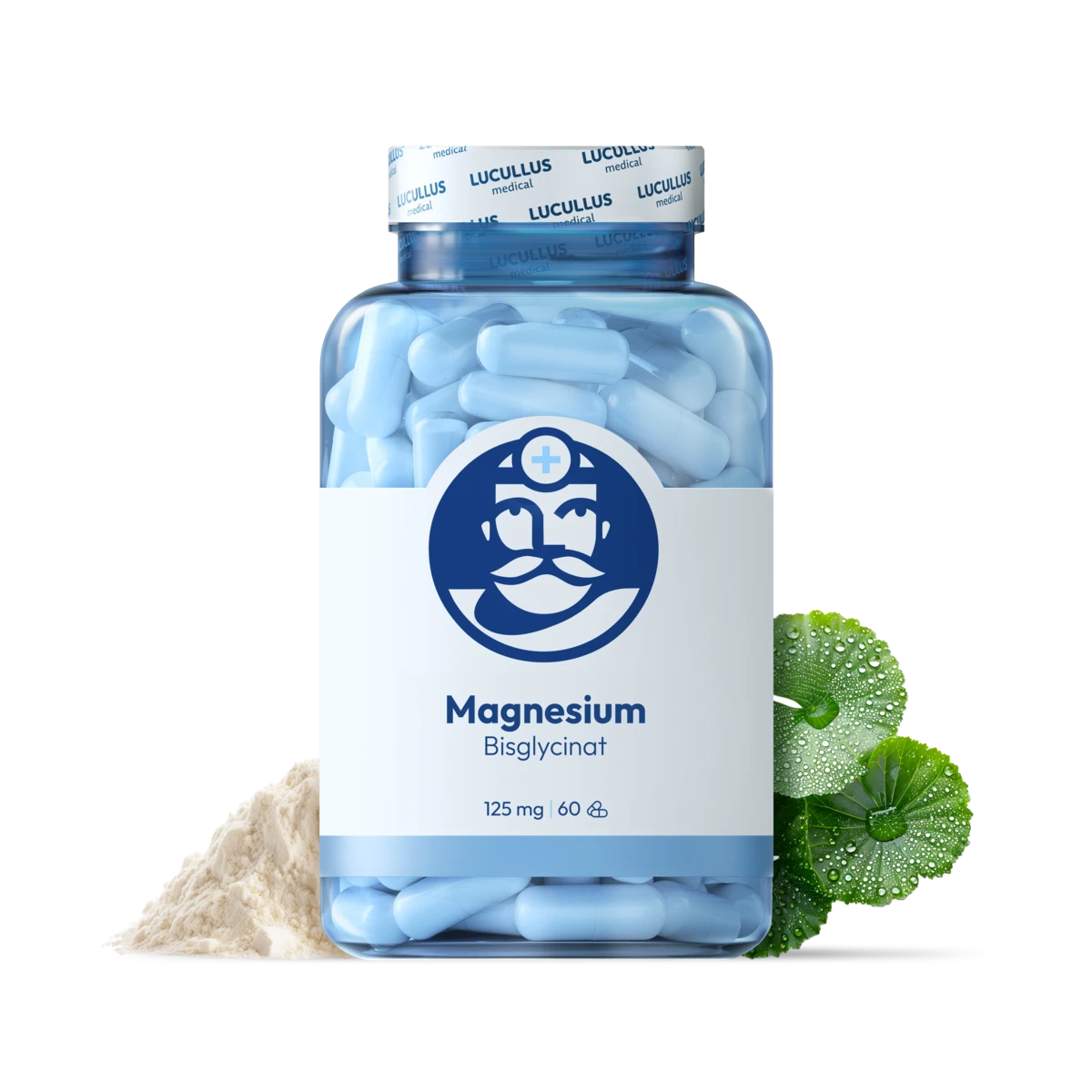
Ukľudňujúci Horčík (Bisglycinát horečnatý)
Horčík je dôležitý minerál pre správne fungovanie tela. Názov magnézium pochádza z gréckeho mesta Magnesia, kde bol tento prvok pôvodne objavený už v roku 1755. Je to 8. najrozšírenejší prvok na zemi, tvorí približne 2 % zemskej kôry. Má prirodzene kyslastú chuť, ktorá sa prejavuje aj v minerálnych vodách. Nájdeme ho v každej bunke zelenej rastliny, (ióny magnézia sú prítomné) tiež v každej bunke ľudského tela. Náš organizmus potrebuje magnézium na viac ako 300 biochemických procesov, ako je výroba energie a syntéza nukleových medzí, udržiavanie správneho srdcového rytmu aj krvného tlaku. Ťažko by sme našli proces v tele na ktorý nemá horčík vplyv.

Cordyceps sinensis with an incredible life cycle
Have you heard about this fascinating fungus with its peculiar appearance and way of existence? The names „Chinese caterpillar, Himalayan gold or mushroom of longevity“ do not reveal much ...

Cal-Mag - silná dvojka pre vaše kosti
Ak patríte ľuďom, ktorí neradi prehĺtajú tabletky, určite ste už riešili dilemu, ktorý výživový/vitamínový produkt potrebujete. Ak by ste chceli byť dôslední, museli ste ich denne prehltnúť niekoľko. Preto kombinácie, ktoré vám s týmito poskytnúť dokážu pomôcť. Jeden z nich je aj dvojkombinácia vhodného a horčíka: CalMag .

B5 - Guardian of Vitality and Beauty
“Is it just another vitamin... or?” one might think, but the more we learn about pantothenic acid, the more it fascinates us. Vitamin B5 plays a crucial role in converting food into energy, supports concentration, mental well-being, and even skin regeneration. Without it, the body would not be able to properly produce hormones or fight stress. It is also a substance that is hidden in every cell of our body, accompanies us from birth, and contributes to sufficient energy, skin health, and mental acuity. Although we may overlook it, its importance is undeniable, and its name is no coincidence. It comes from the Greek word “panto”, meaning “everywhere.” And indeed, it is omnipresent, irreplaceable, and somewhat mysterious. If we start exploring where this essential vitamin is found, it's in eggs, nuts, whole grains, shellfish, avocados, salmon, liver, kidneys, beef, yeast, vegetables... And if we've just realized that our diet is low in these foods, we should consider supplementing B5. After just a few days, we would notice a change. We would wake up with more energy, have a clearer mind, and even see an improvement in our skin. Colleagues would notice that we work faster, are more creative, and less stressed. Pantothenic acid will help us get back in shape. And for us, it will no longer be just another substance on the list of vitamins.

Histamine Control
Histamine is often perceived negatively, especially for its role in allergic reactions and intolerance. As with many things in life, black-and-white thinking is not suitable for this biogenic amine. As a neurotransmitter, it participates in many critical processes. In defending the body, for example, it supports the enlargement of blood vessels, making it easier for immune cells to access the site of inflammation. At the same time, it stimulates the production of gastric juices (essential for food processing), regulates the sleep cycle, controls appetite, and plays a role in learning, memory, and emotions. Histamine naturally occurs in the human body, and its balance is crucial for health. In the digestive system, it's broken down by the enzyme diamine oxidase. However, if histamine intake is greater than the body can break down, histamine intolerance develops. This imbalance can be caused by stress, poor lifestyle, medicines, or other factors. Excess histamine can lead to unpleasant symptoms, often resembling food allergies or digestive issues. It's essential to understand histamine as an important helper in our body.

Balzam na pečeň a žlčník - Púpava lekárska
Púpava (anglicky dandelion, latinsky Taraxum officinale, inak aj mlieč, smotánka, májik) je každému dobre a všade prítomná burina (hlavne ak sa z tej medicíny nič nevyskytuje cez noc na perfektnom zelenom trávniku, vyrastie dokonca v štrbine asfaltu), v prvom rade je to liečivá rastlina v bylinke dlho jeho. Mliečne kanáliky obsahujú bielu šťavu, ktorá tuhne na vzduchu a zanecháva farebné škvrny na rukách. Semená púpavy dokážu precestovať kilometer. Patrí medzi najdlhšie kvitnúce rastliny, celá je jedlá avšak s nie veľmi príjemnou horkastou chuťou.






























